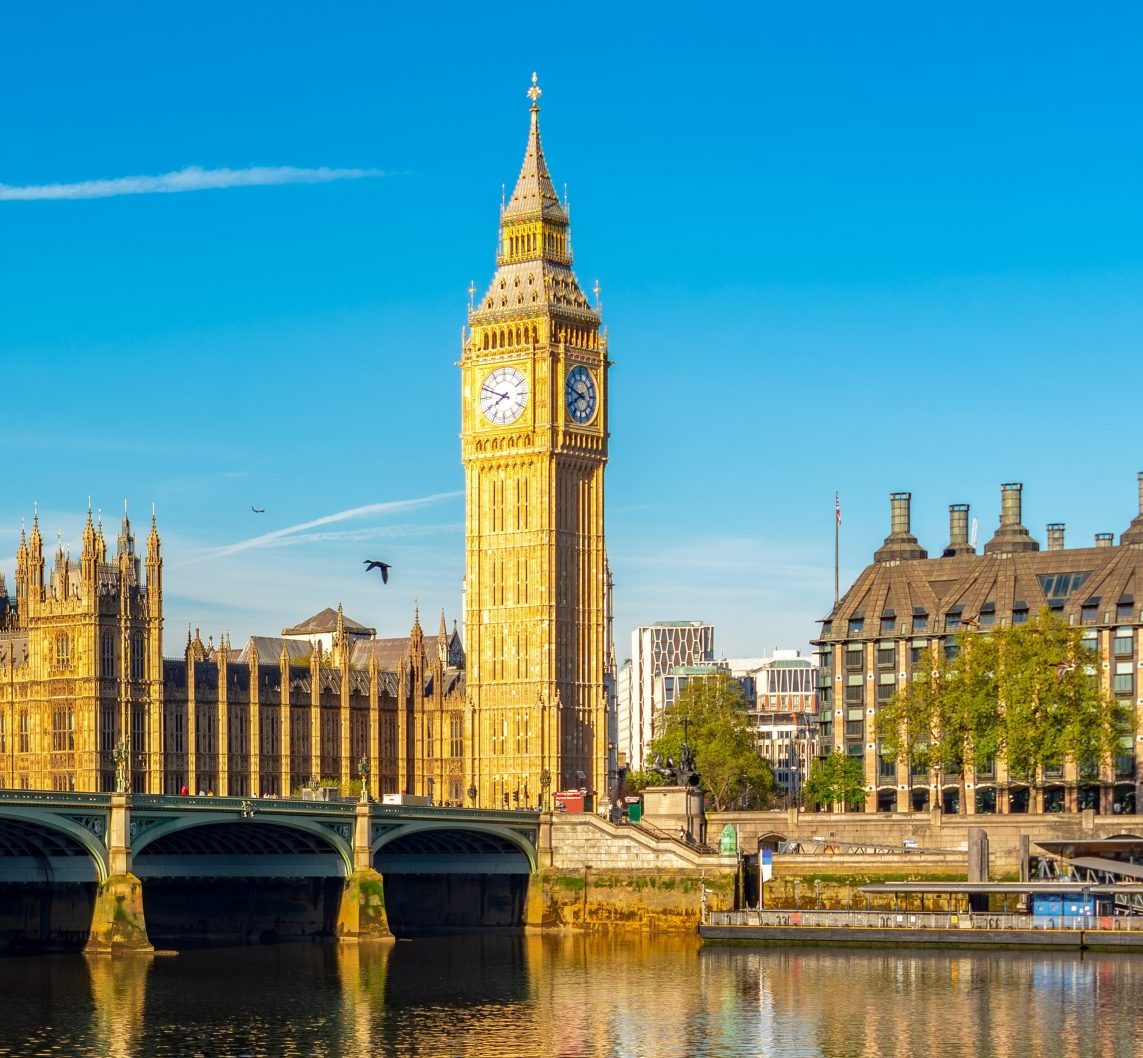Alert: Autumn 2024 Budget Update
How Does The 2024 Budget Affect My Inheritance?
Chancellor Rachel Reeves presented her first Budget in the House of Commons, which included significant changes to Inheritance Tax ‘IHT’.
What changes were made to the IHT thresholds?
The IHT thresholds place caps on what someone can inherit without paying tax. Anything above the threshold is taxable at 40%. Since 2009, IHT thresholds have been as follows:
The first £325,000 of any estate is exempt from IHT. This is known as the nil rate band ‘NRB’.
A further £175,000 is exempt from IHT if the estate includes a residence passed to direct descendants (children or grandchildren). This is known as the resident nil rate band ‘RNRB’ bringing the total to £500,000.
Widows can inherit their late spouse or civil partner’s NRB and RNRB. As such, the surviving spouse or civil partner can leave up to £1,000,000 IHT. free.
These thresholds will be frozen until 2030.
Are pensions still exempt from IHT?
Previously, most private pensions fell outside the estate for IHT purposes regardless of the above thresholds. Today, the Chancellor announced that starting in April 2027, inherited pensions will be added to the estate for tax purposes, resulting in more IHT payable.
Will there be any changes to inheritance tax on alternative investments?
Previously, UK stocks listed on the Alternative Investment Market (AIM) were exempt from inheritance tax. Now, AIM shares will be subject to IHT with a 50% relief. This means that from April 2026 they will be taxed at 20%.
Will there be changes to IHT on inheriting a business?
Business Property relief and Agricultural property relief will change. From April 2026, the first £1,000,000 of agricultural and business property assets will continue to be exempt from inheritance tax. For assets over £1,000,000, a 50% relief will be applied, resulting in an effective tax rate of 20%.
How has Capital Gains Tax (CGT) changed?
The lower rate for CGT has risen from 10% to 18% and the higher rate from 20% to 24%. Additionally, Business Asset Disposal Relief (entrepreneurial relief) remains capped at a £1,000,000 lifetime limit. The relief rate itself will increase from 10% this year to 14% in 2025, and then to 18% in 2026. For fund managers, CGT on “carried interest” will climb to 32% by April 2025, with further reforms expected in 2026. Gains on property remain taxed at the previous rates.
What shall I do now?
Garner & Hancock Solicitors can provide you with advice specific to your own personal affairs. For further details or specific enquiries, please get in touch with us to discuss how the changes apply to you.
Written by: Imogen Cotter








